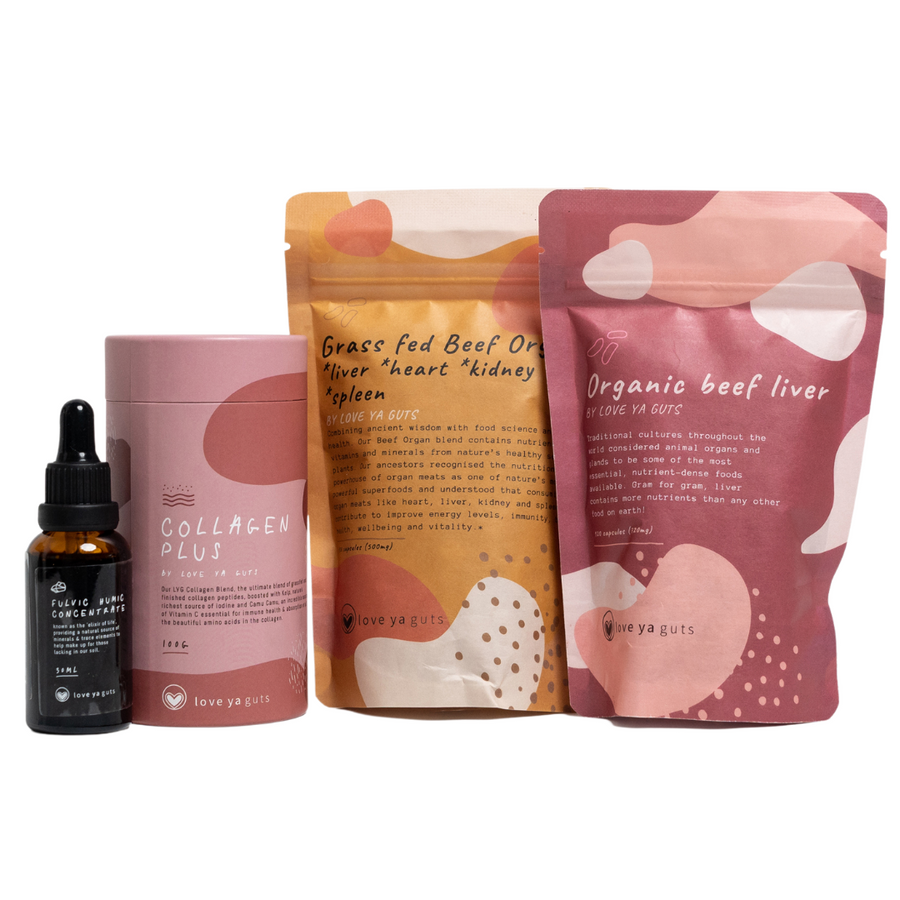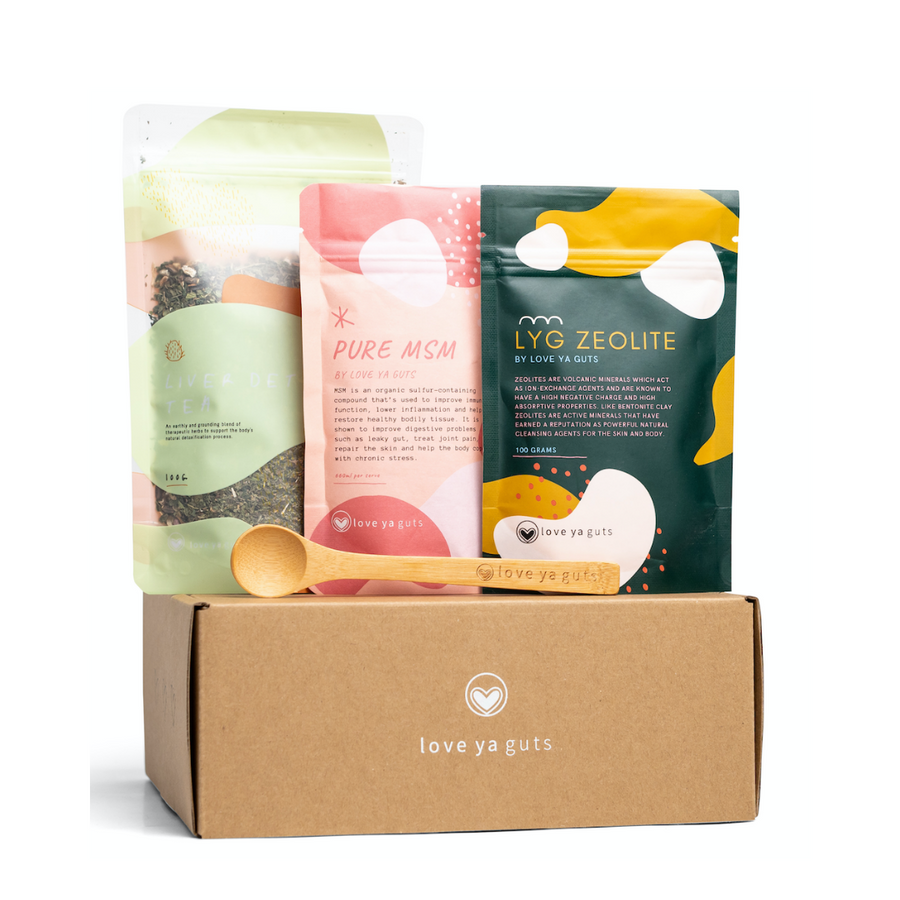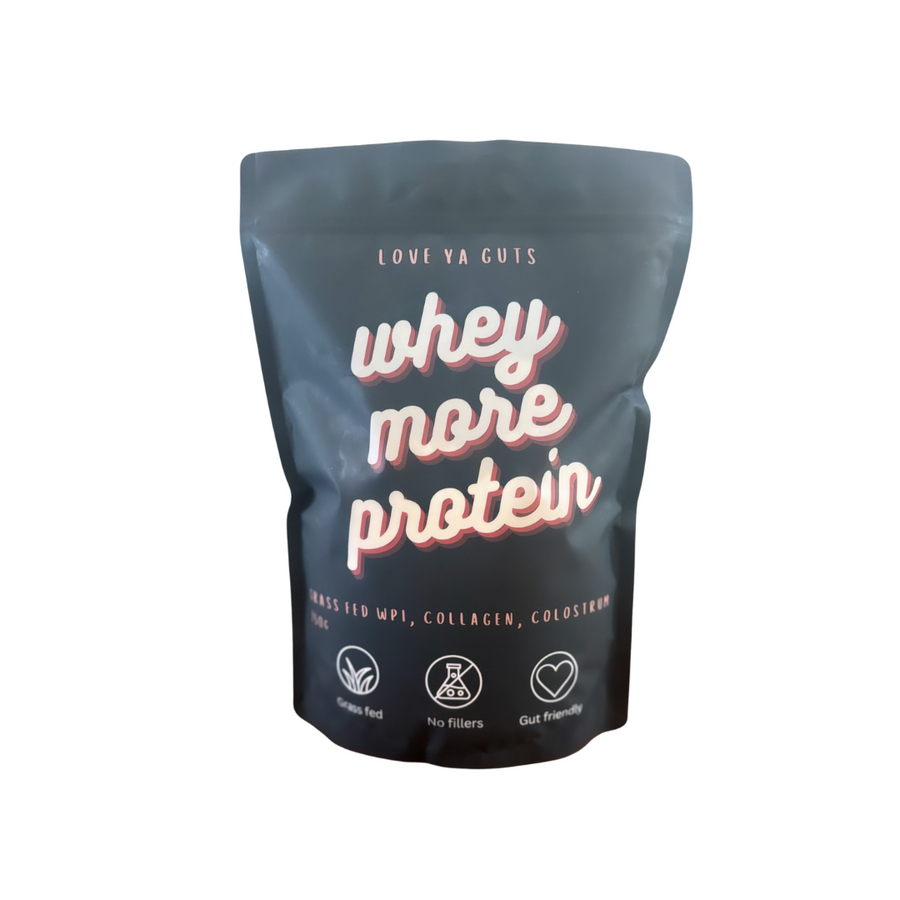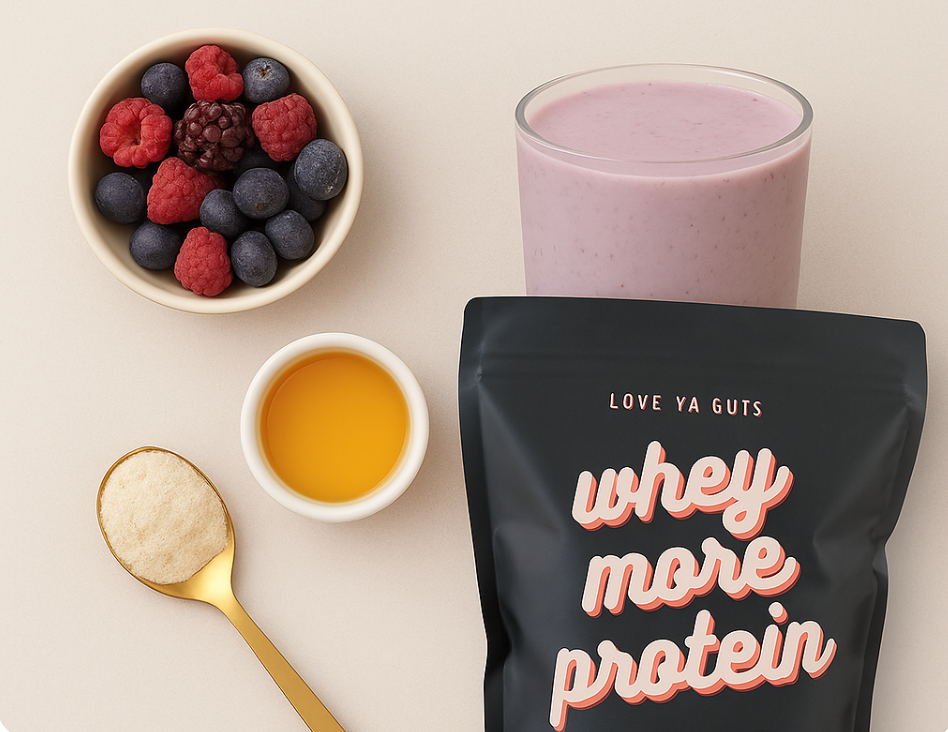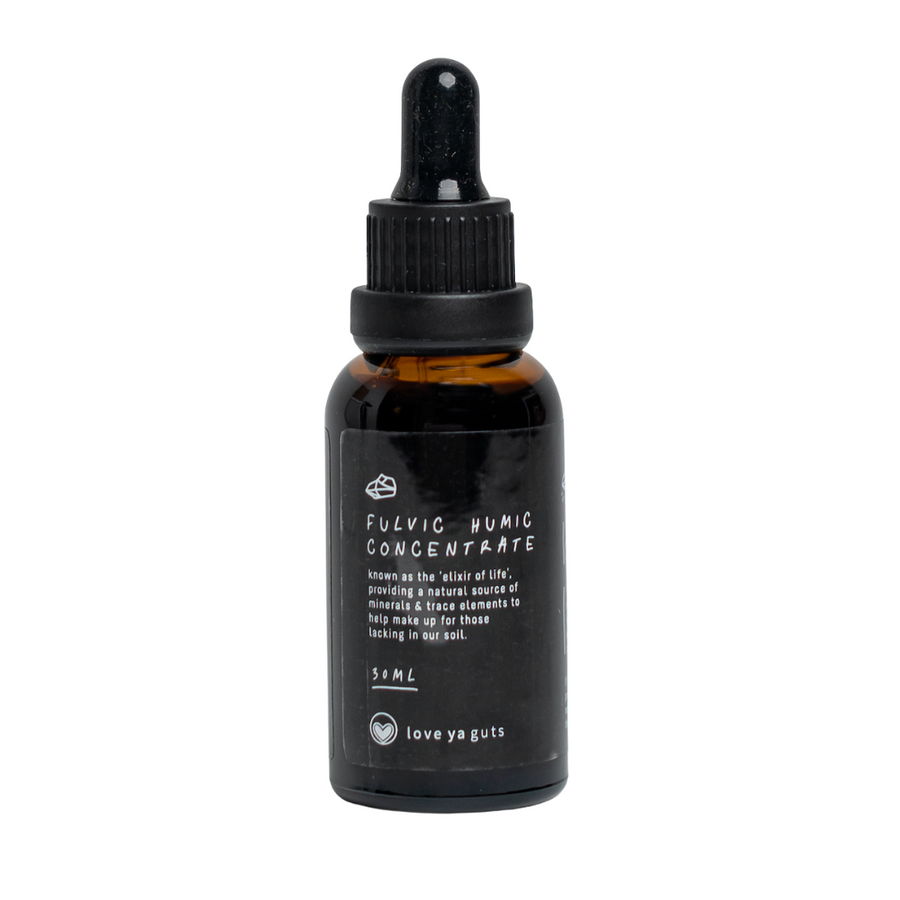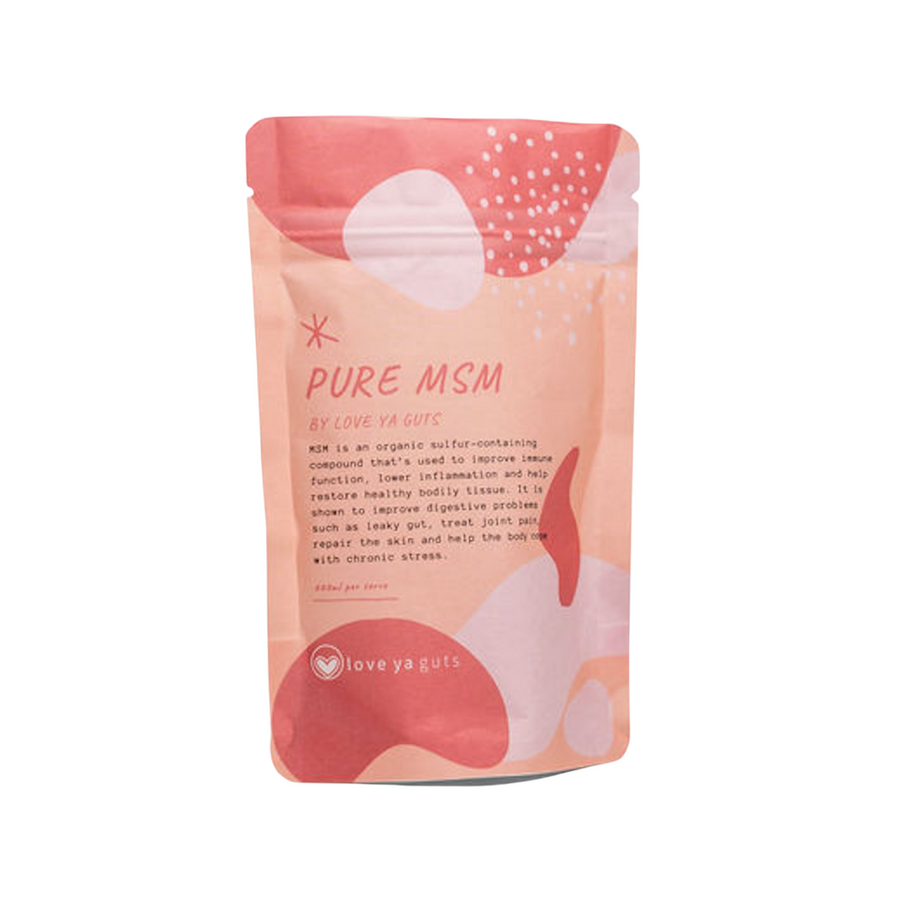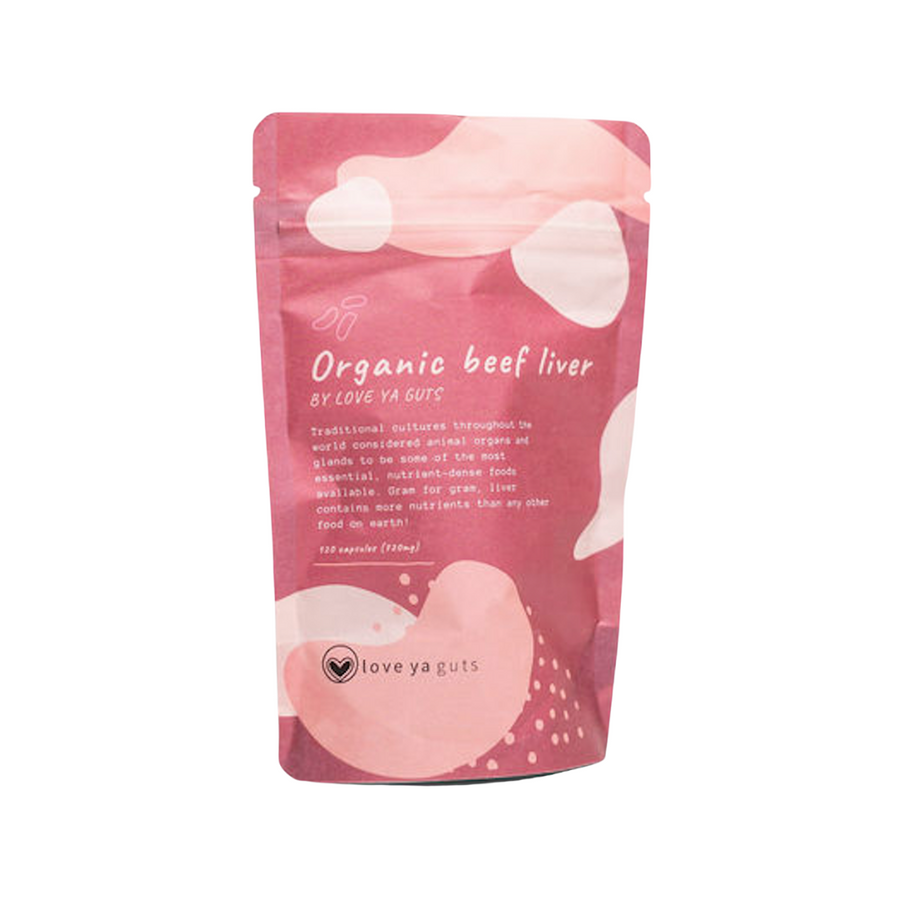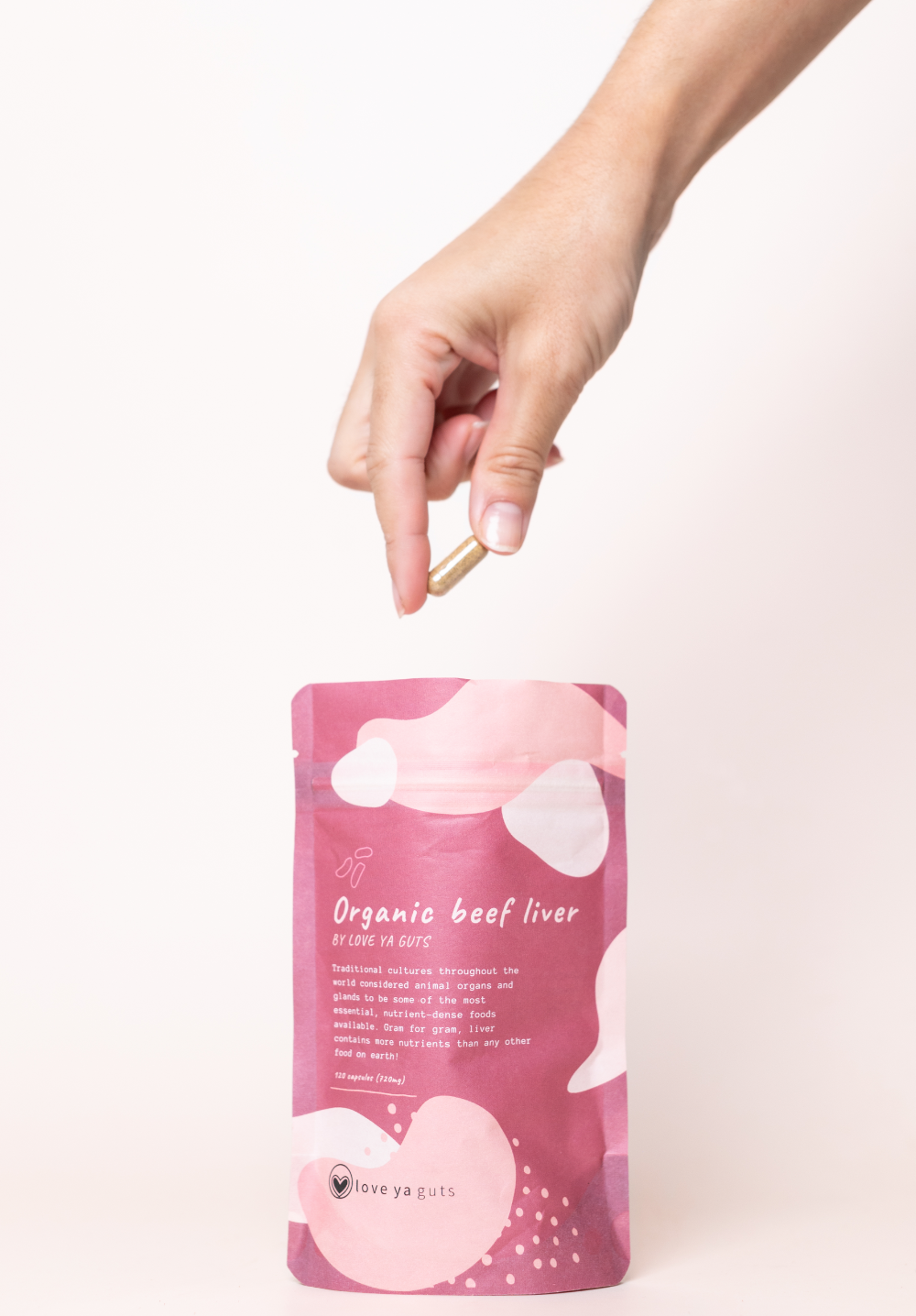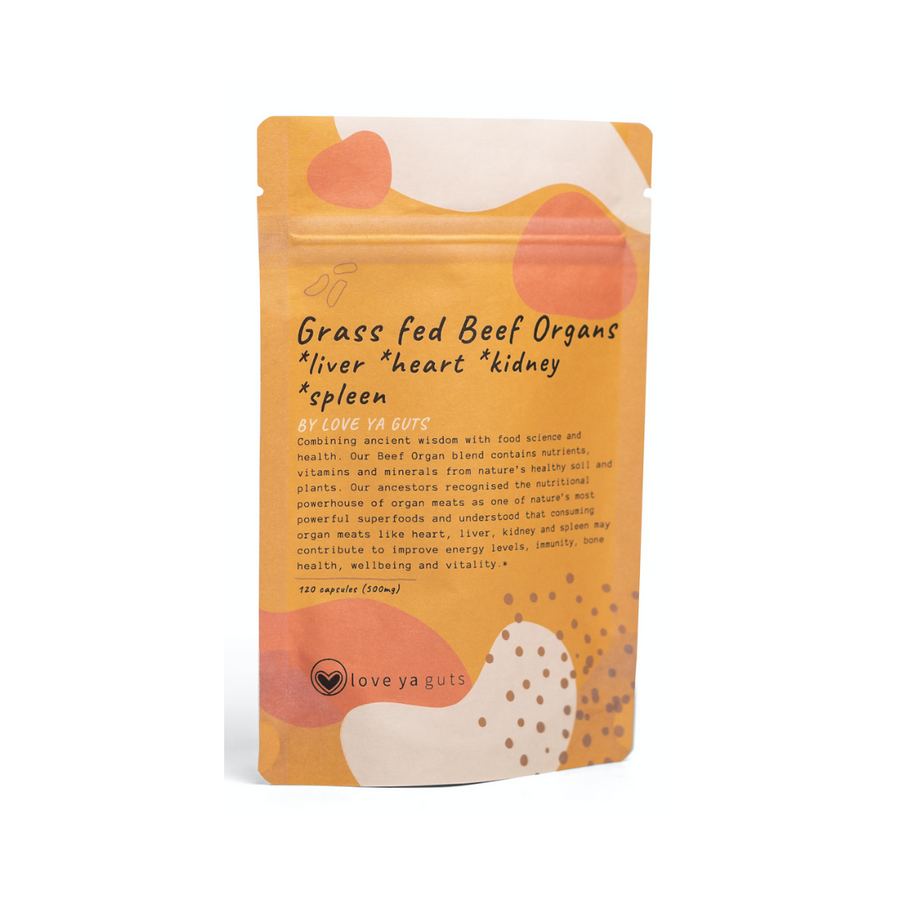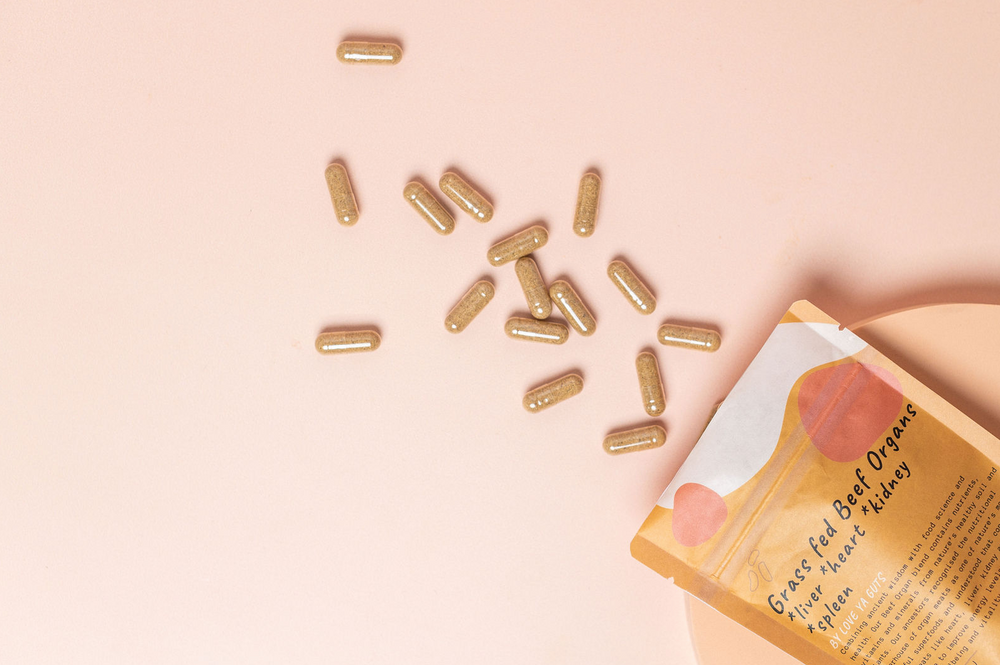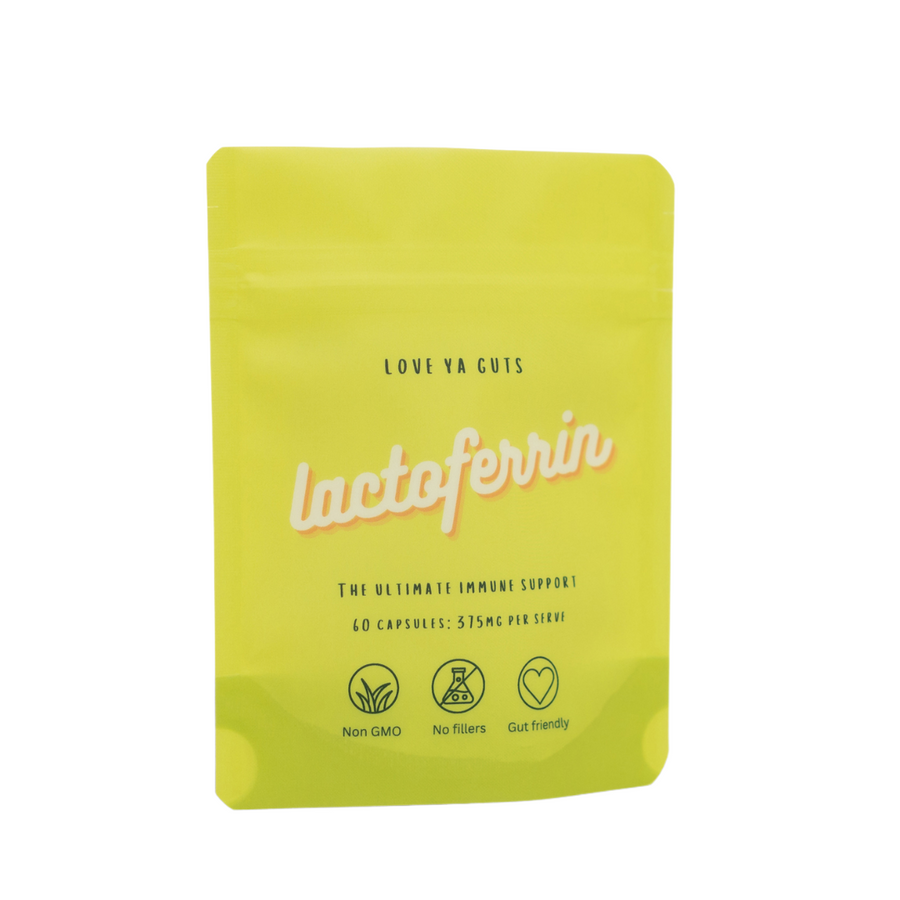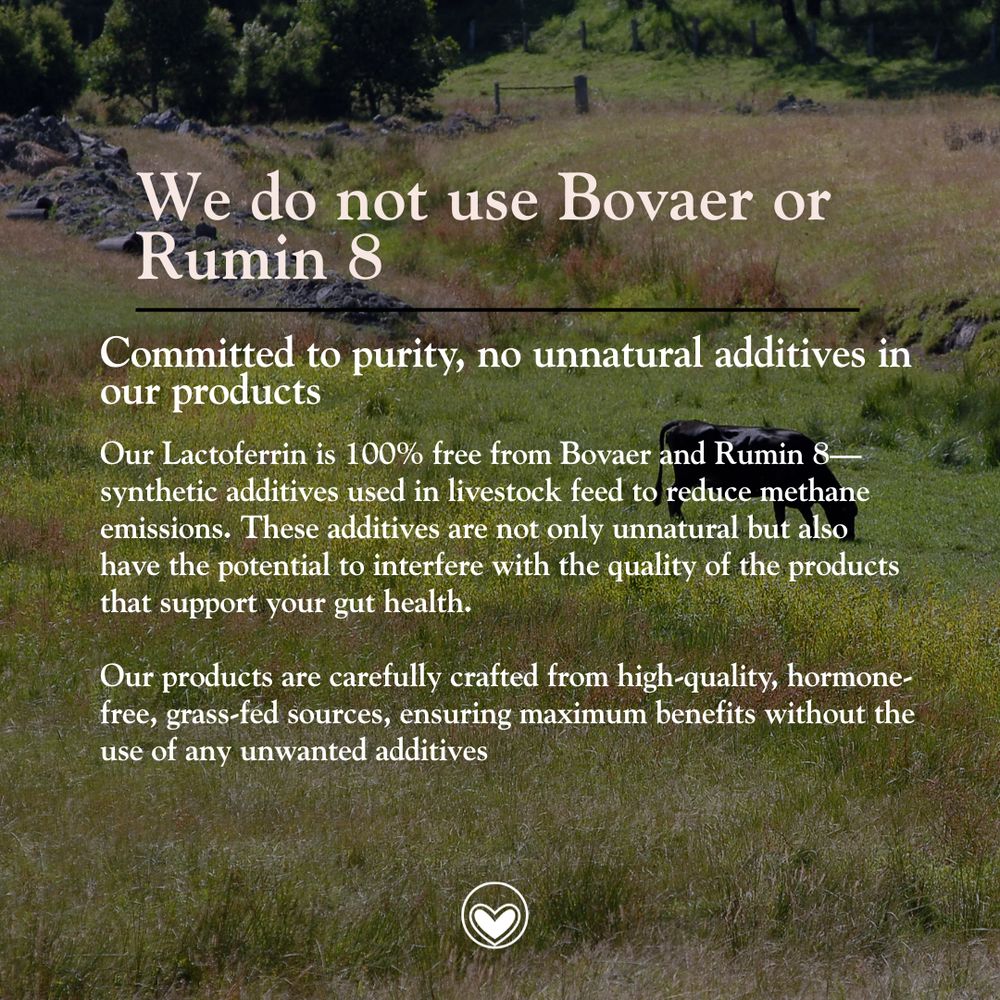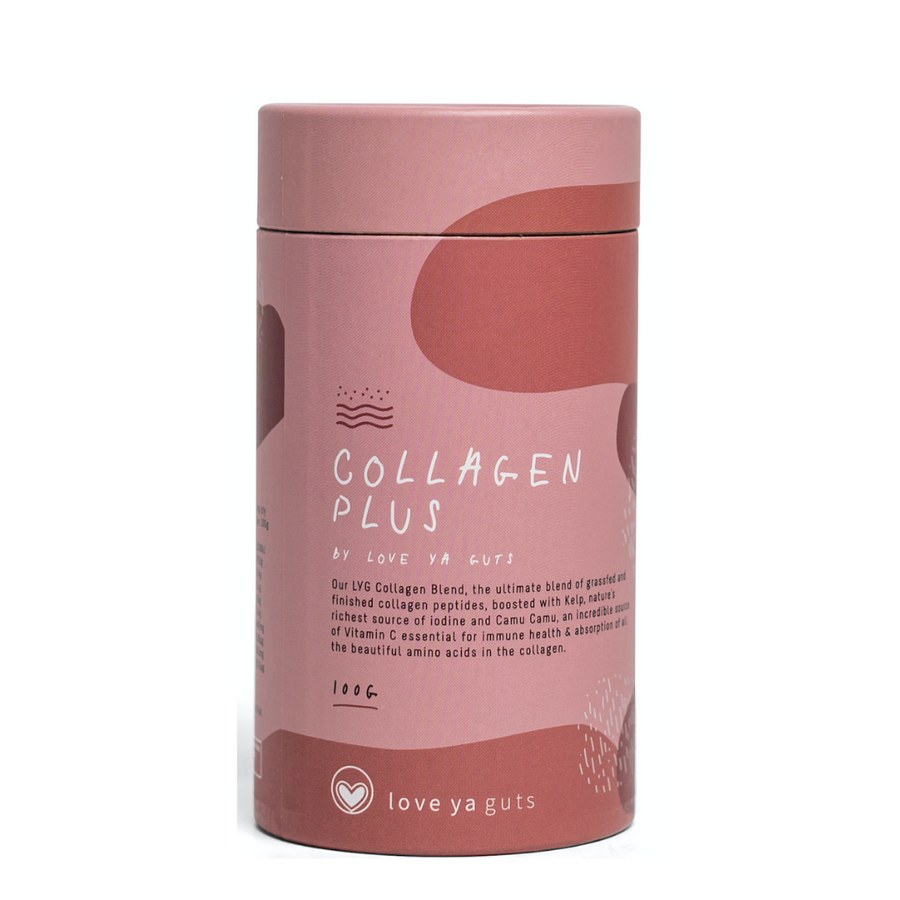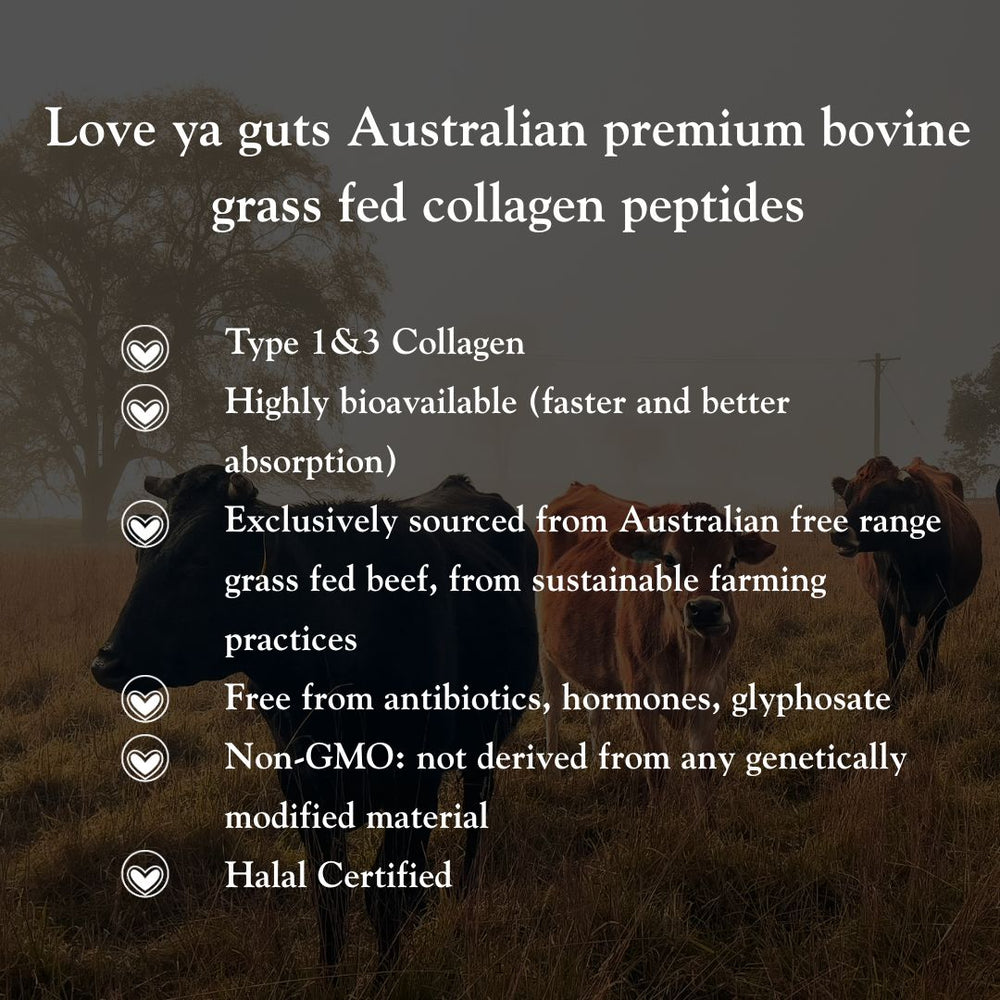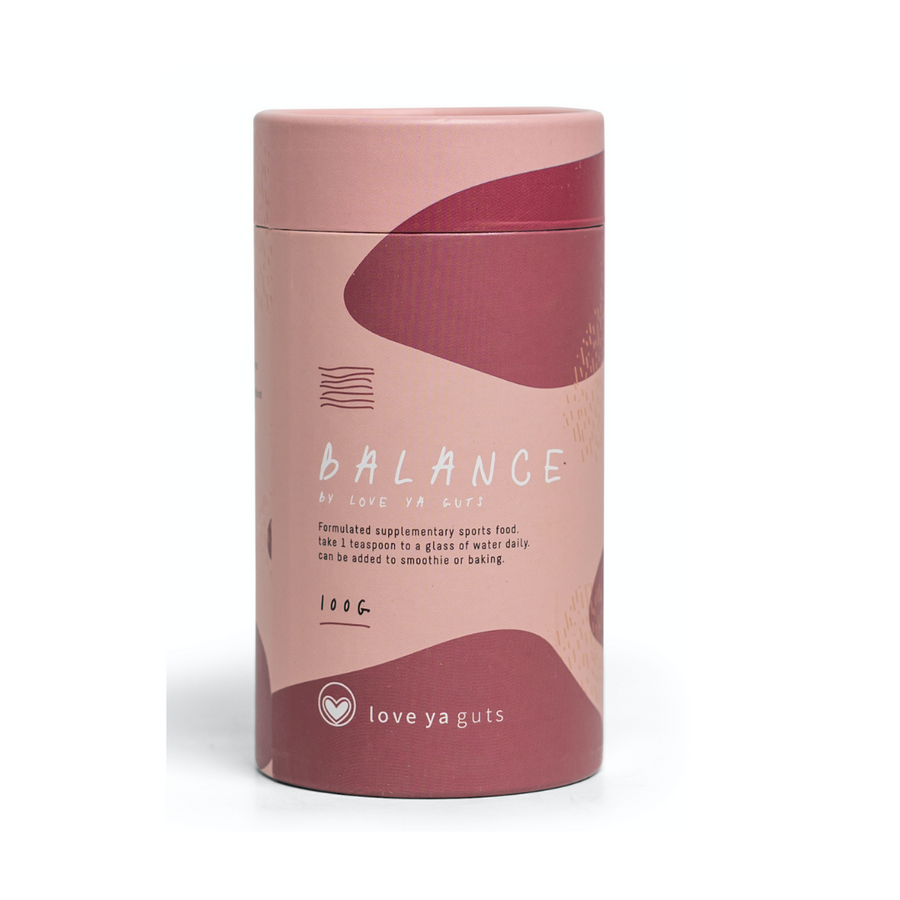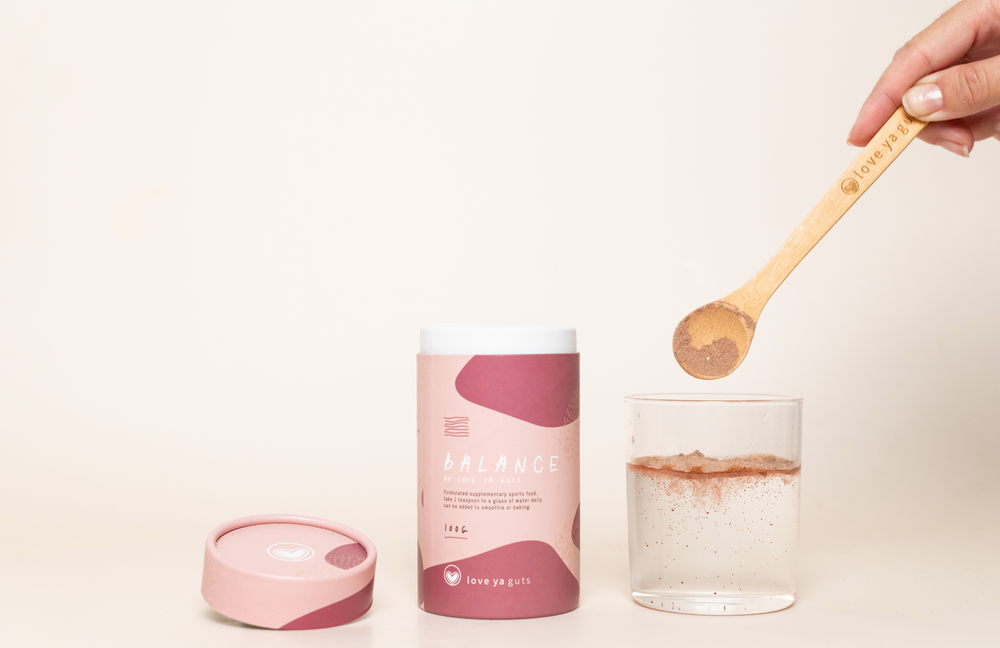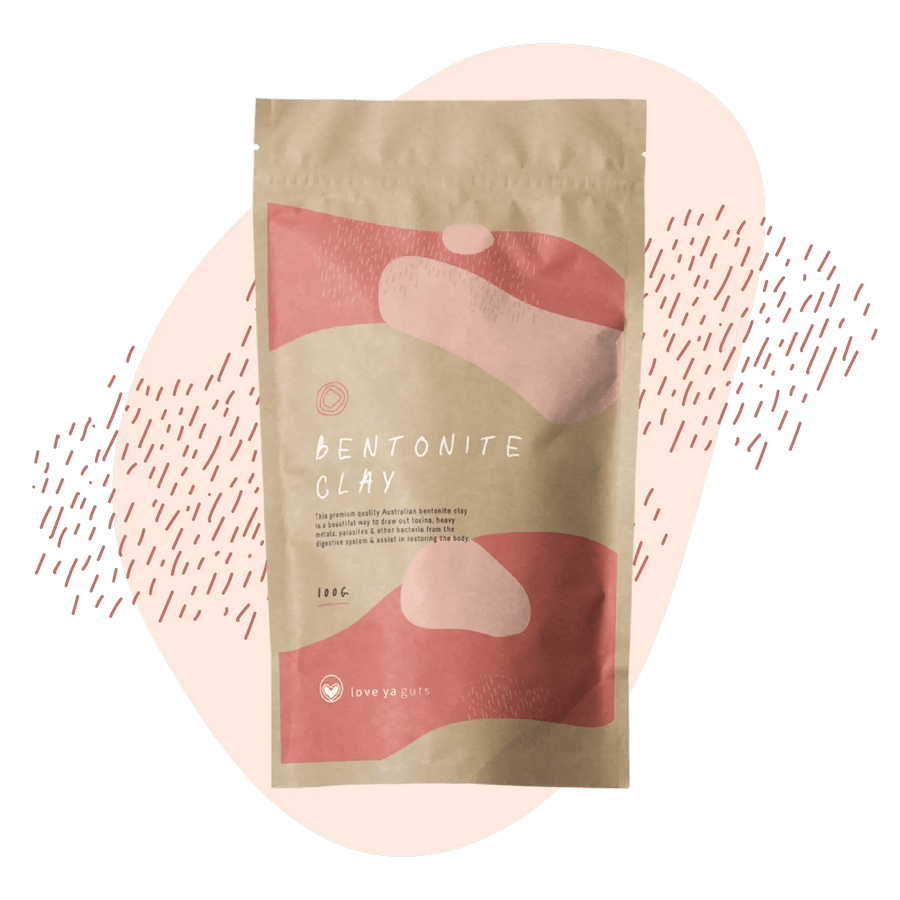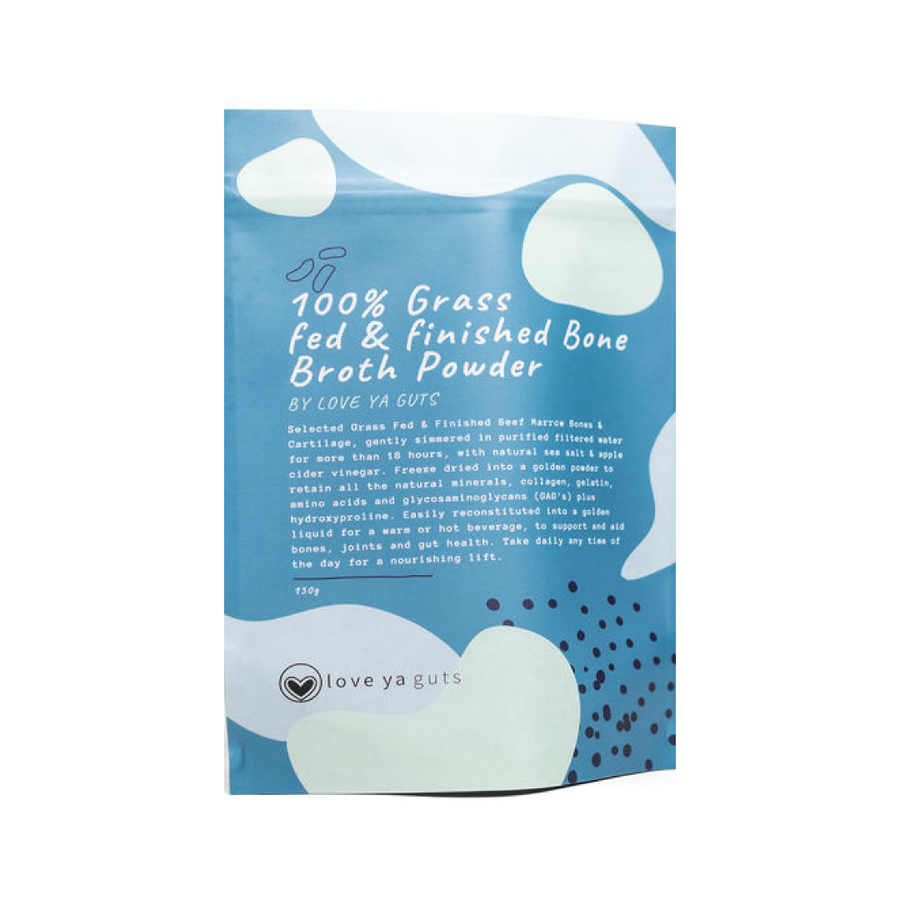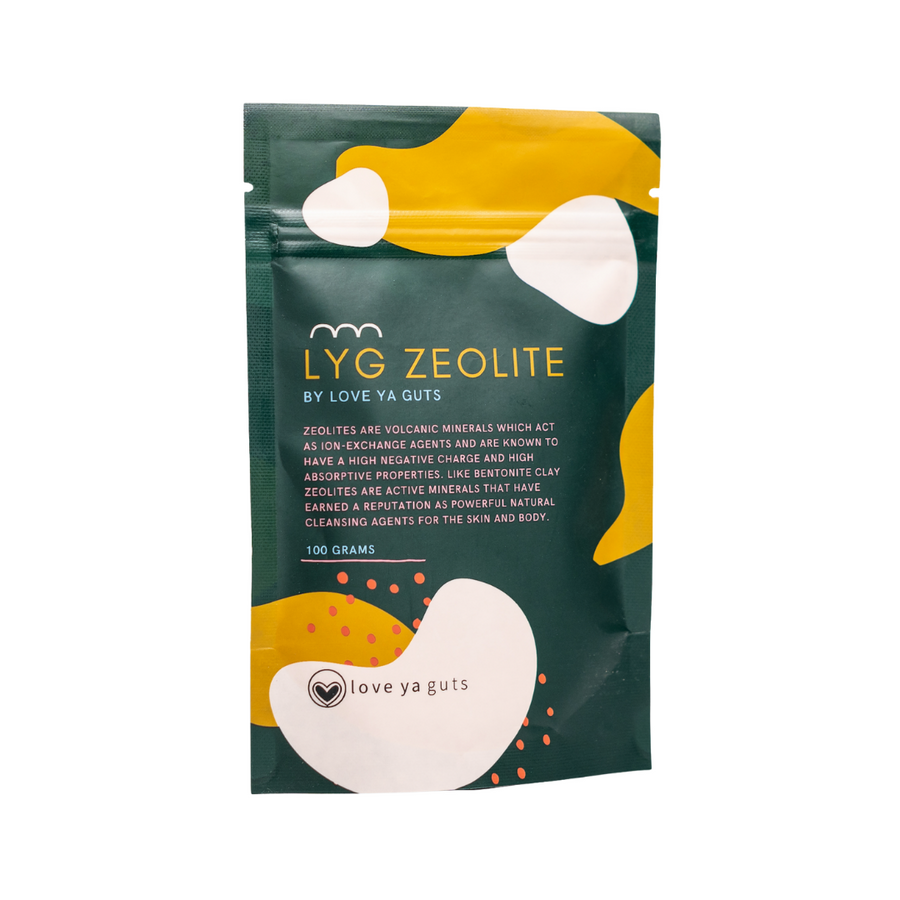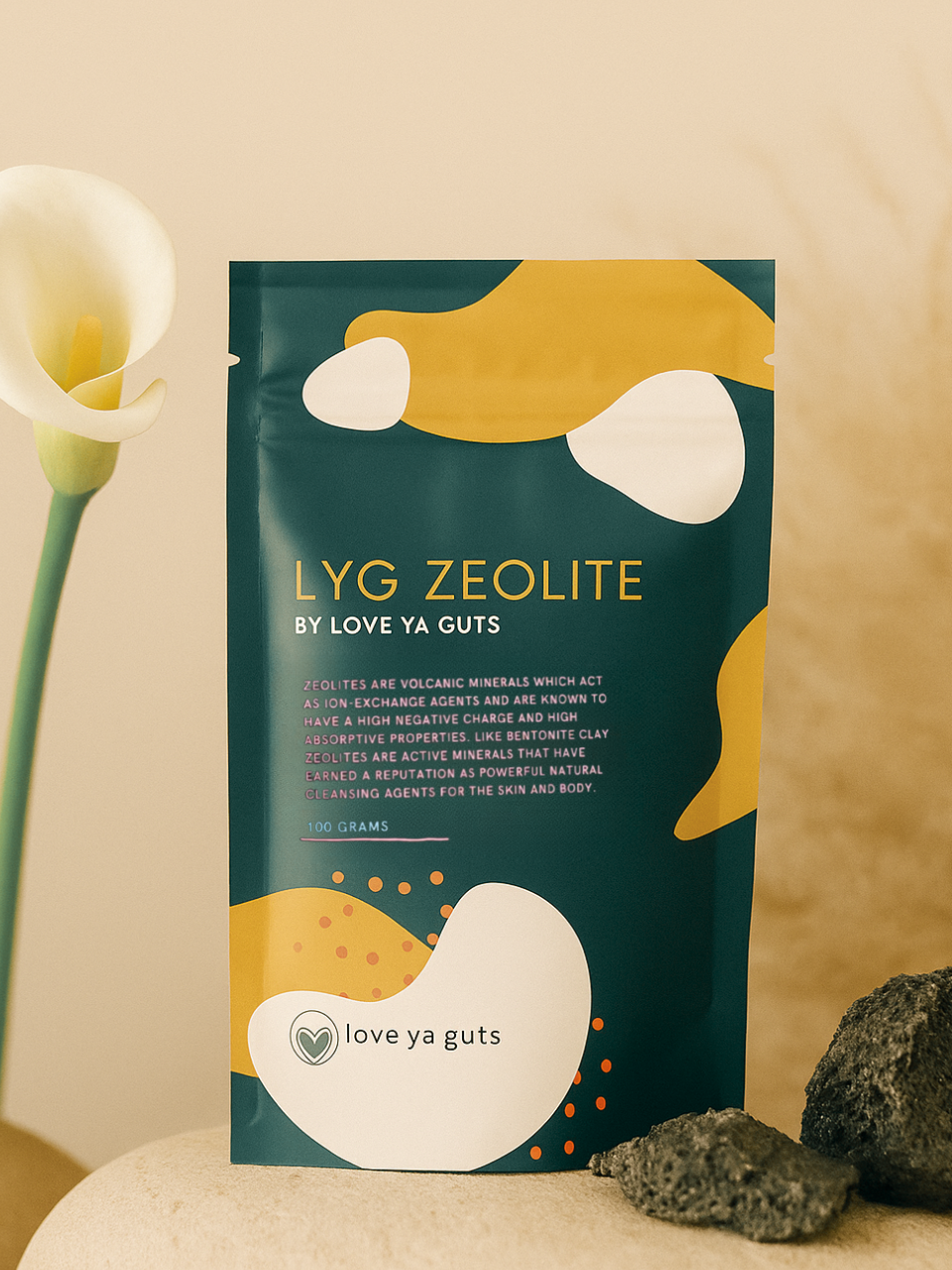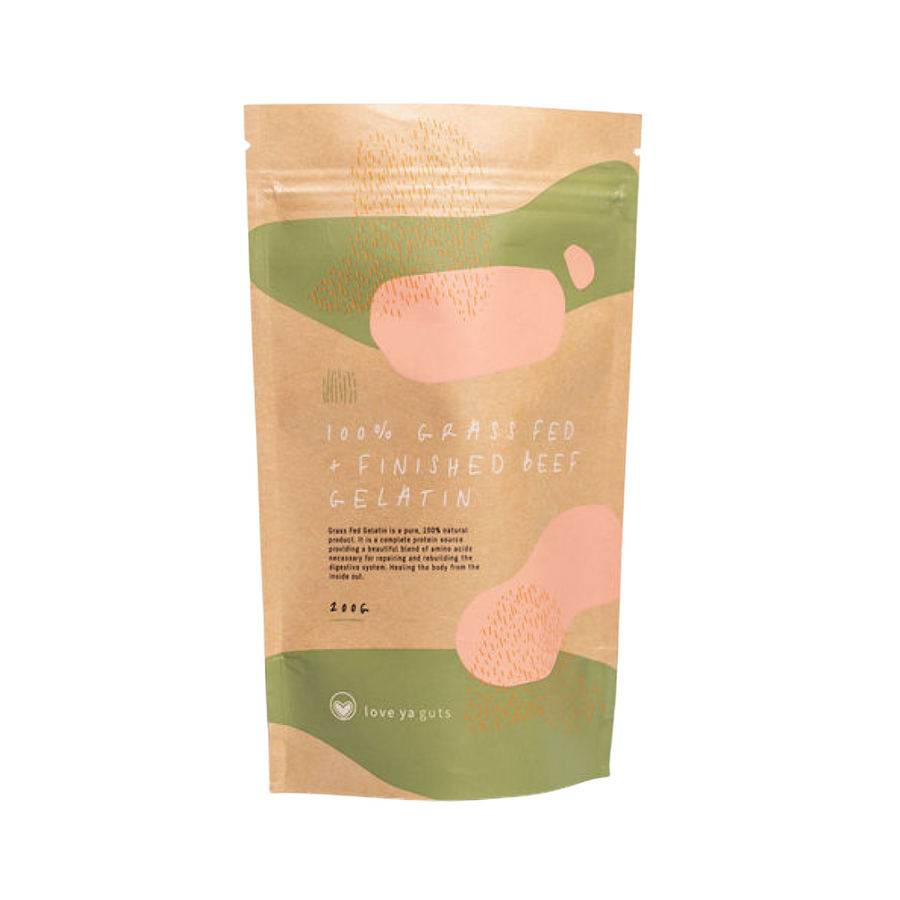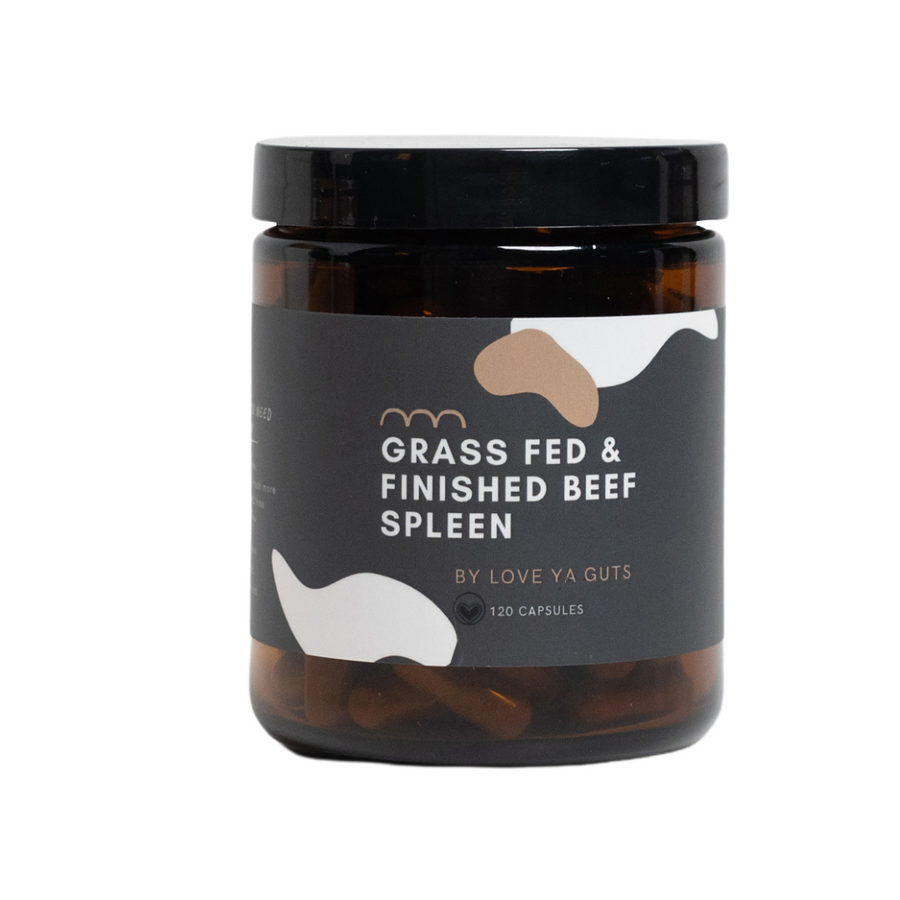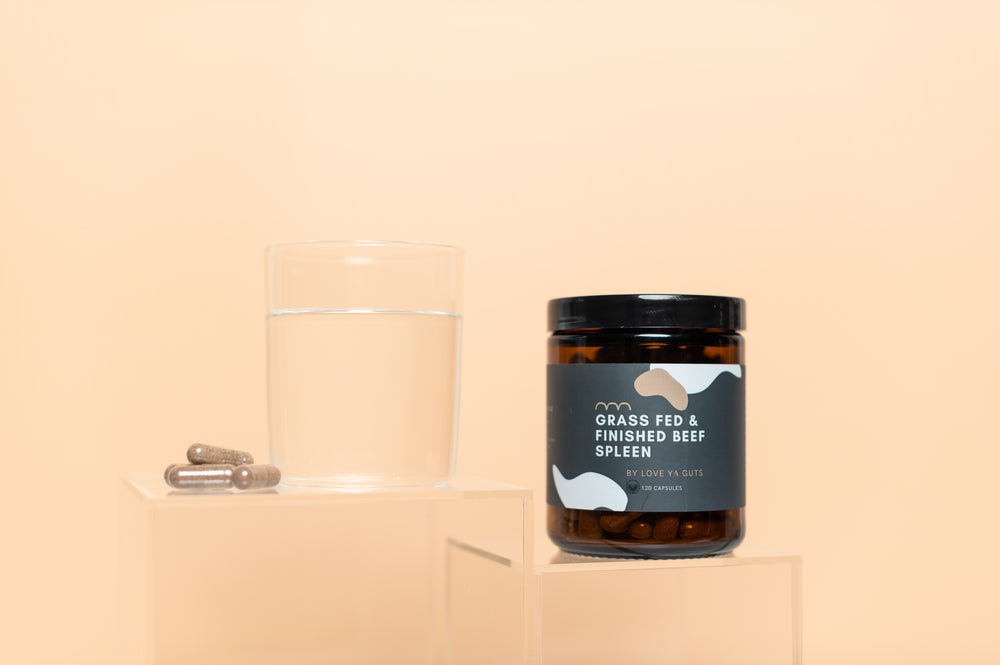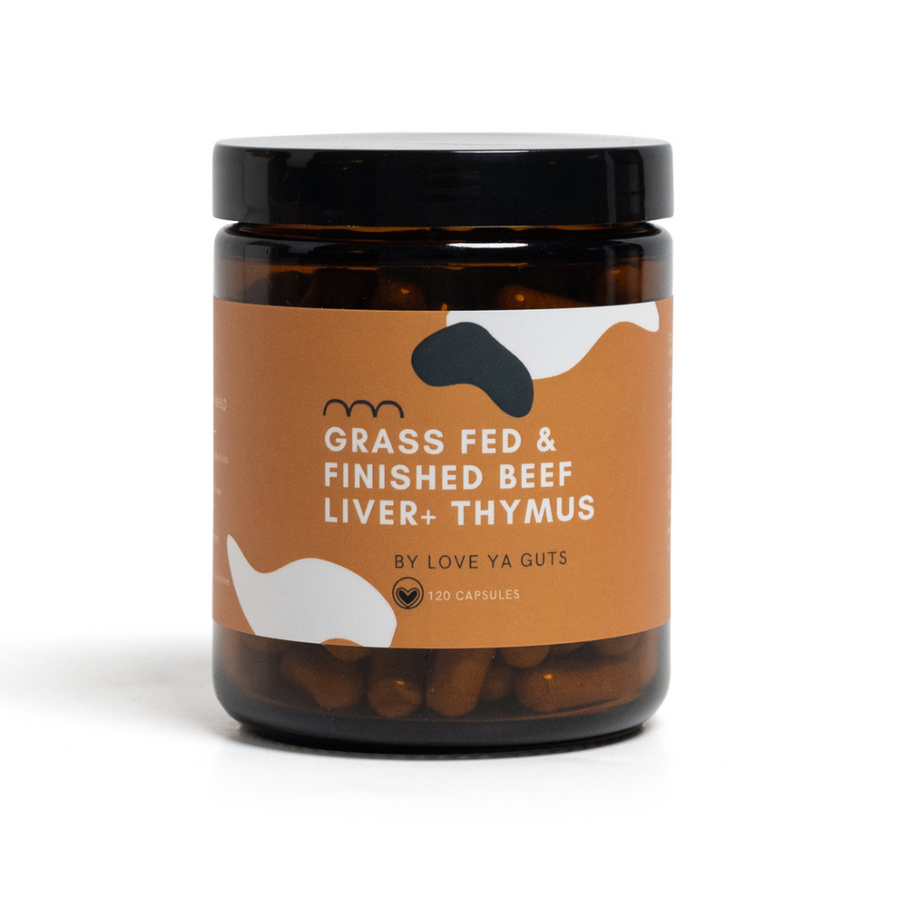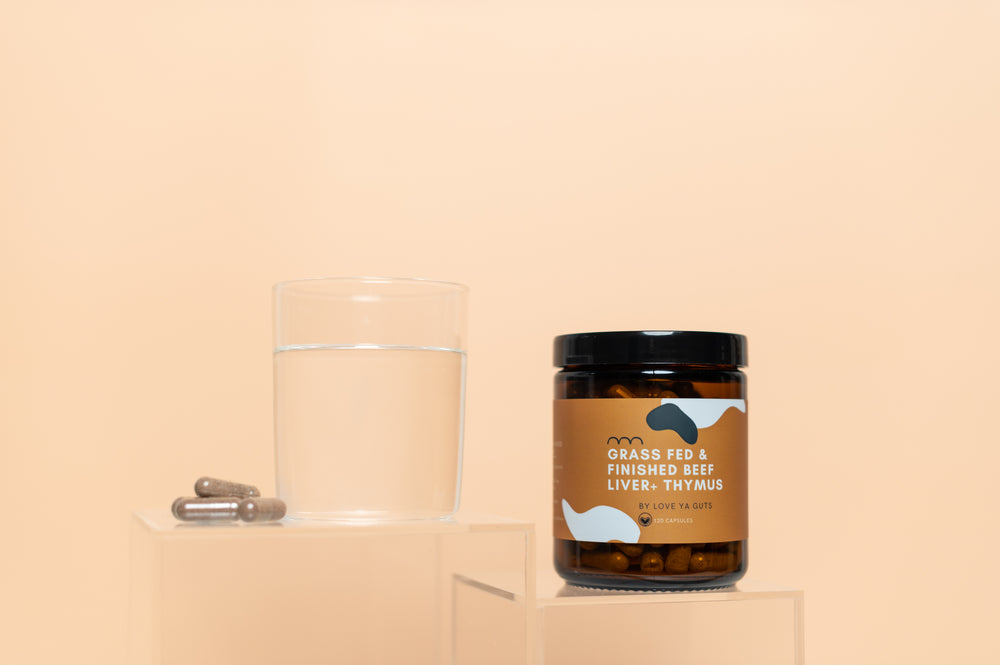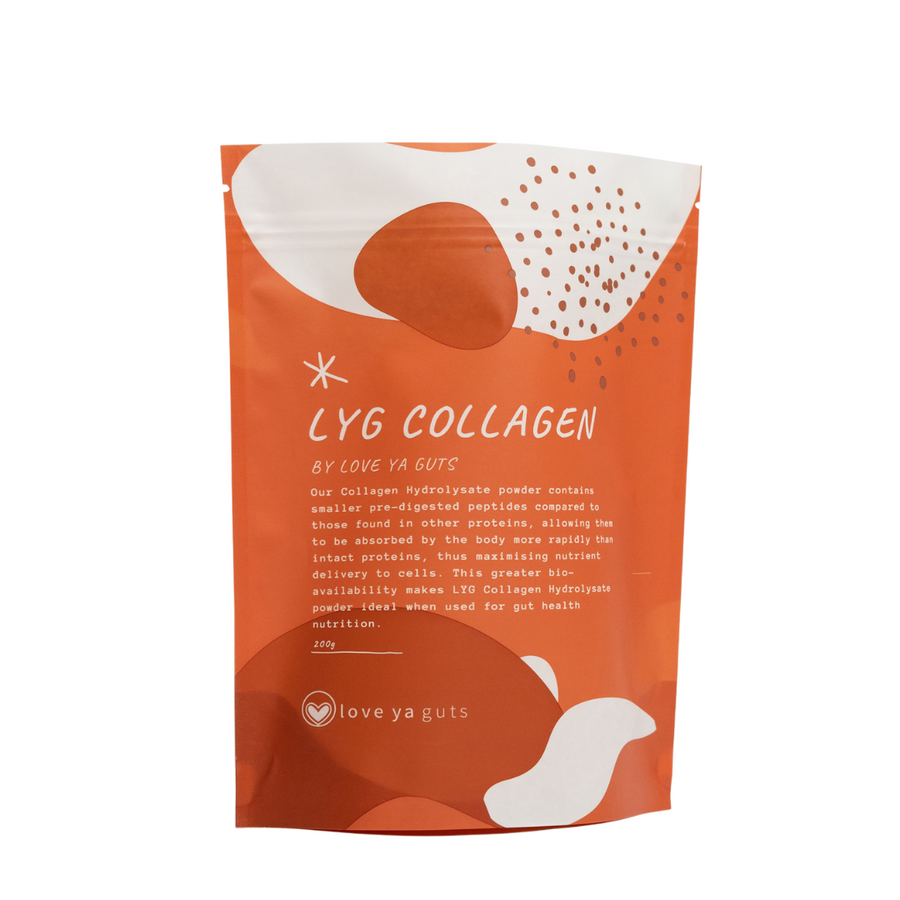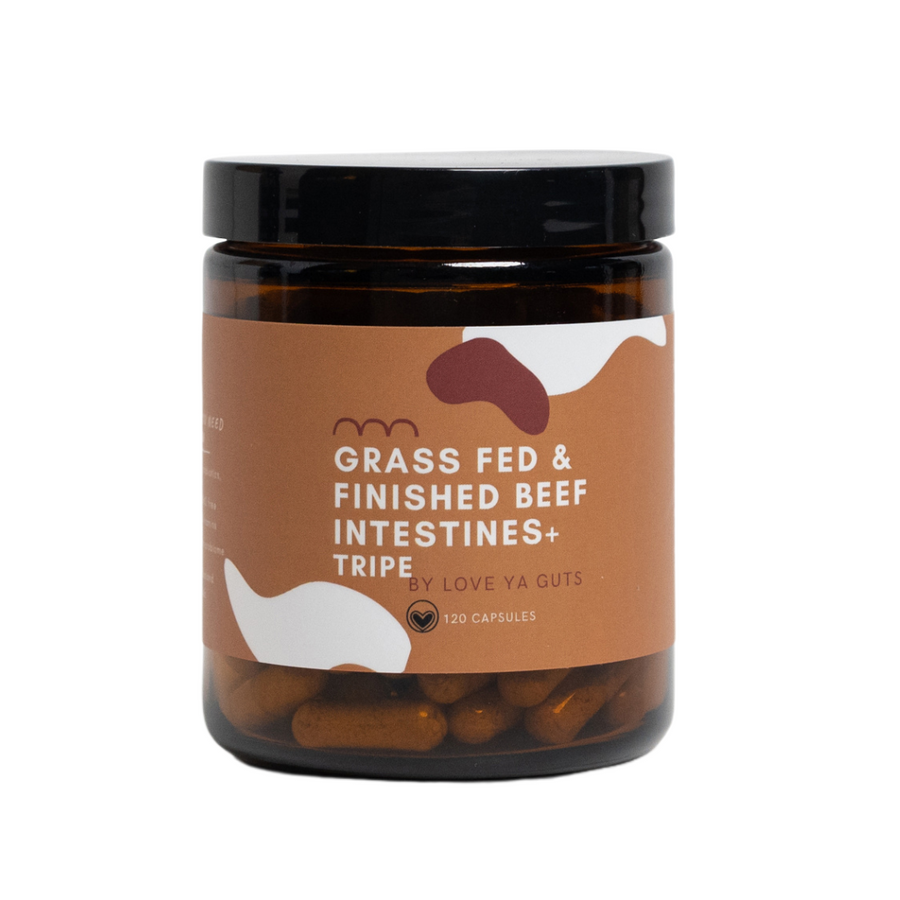Can we reverse food intolerances?
How do we develop food intolerances and can we reverse them?
Author Brooke Gould / Category Gut health / Published: Apr-05-2018
We know food is medicine, yet food can often be a trigger for chronic inflammation and chronic health issues.
Many women suffer with specific food sensitivities or intolerances that are causing digestive issues, inflammation and potentially autoimmune diseases.
It is SO common for me to see a healthy food flare up symptoms in one person, contributing to diarrhoea, brain fog and skin rashes BUT another person can thrive of this food.
How we react to different foods is VERY individual and can be developed by:
-
Our unique biochemistry
-
Our micro biome environment
-
Or other lifestyle factors such as stress, nutrition, environment and immune status.
Variations in these three components are what can cause allergies, intolerances and sensitivities.
What is the difference between an allergy, intolerance and sensitivity?
It is first important to make sure we understand the difference between a food allergy and a food intolerance or sensitivity.
Food Allergies: True food allergies come from an immediate and severe reaction of the immune system to some specific food. Symptoms could be present as hives, skin rashes, swelling and can be more life threatening such as anaphylaxis.
Food Intolerances: Unlike an Allergy, these do not involve the immune system. Instead, intolerances occur when your body is unable to digest a specific food or when your digestive system becomes irritated by them.
Food Sensitivities: Similar to intolerances, but it’s often less clear why someone reacts poorly to a certain food. Food sensitivities may cause a delayed reaction and you might be able to digest a small amount without any issues.
However, continually having a food that you are sensitive could cause long-term chronic health issues.
It is typically our unique biochemistry/ genetics that develop most food allergies. These are less common.
And 99% of food intolerances and sensitivities are a results of our micro biome and lifestyle factors.
How do we actually develop a food intolerance/ sensitivity?
To fully understand food intolerances and sensitivities we need to look where where 75% of our immune system lives and where digestion occurs which is in our GI tract.
Research suggest that a compromised micro biome (dysbiosis) can lead to immune inflammation and therefor food intolerances.
Gut issues such as Candida, SIBO, LEAKY GUT SYNDROME are all immune stressors and really just the end spectrum of inflammation in the GI tract. It are these issues that are causing the majority of our food sensitivities/ intolerances.
For example, when your gut is compromised in the case of Leaky Gut Syndrome, foods end up passing through the gut lining into the bloodstream. This is abnormal and will put the immune system in overdrive. Inflammatory antibodies are released which increases inflammation through out the body. This then shows up as different symptoms that are commonly associated to food intolerances i.e
-
skin issues
-
irregular bowel movements
-
bloating, reflux
-
arthritis, joint pain
-
brain fog, fatigue
-
sinus infections
-
weight gain, weight loss
-
etc.
What can we do to reverse them?
We now know that food intolerances and sensitivities are an inflammatory response from the immune system (often can develop into autoimmune issues) and we also know that around 75% of our immune system is located in our GI tract. So, it only makes sense that looking into our gut health and working to rebalance our micro biome could then bring relief to food sensitivities.
There are multiple factors that can influence our gut health such as inflammatory foods, stress, medications and much more so we can start to focus on these factors to heal the GI issues created by them.
My recommendations are:
-
Try an Elimination Diet.
This is the gold standard tool for discovering food intolerances/ sensitivities.
Removing trigger foods for a small period of time and slowly reintroducing them will help reduce inflammation, give your gut a little break and chance to restore and will give you insight into what specific foods may be causing a reaction.
The most common are dairy, gluten/ wheat, eggs
-
Eat a variety of different foods.
When we restrict specific foods for a long period of time, and then suddenly eat them we can see a massive flare up of adverse symptoms such as the ones mentioned above.
It is important, that you include a diverse range of foods and keep rotating them as your gut loves diversity and can build up a diverse range of bacteria & enzymes to break down and metabolise.
The variety of minerals and nutrients are also essential for rebuilding the immune system and keep it stable when you slowly reintroduce foods that you have eliminated.
-
Focus on 'healing the gut.'
I know this is a term thrown around a lot, but it is the best phrase to use here. When you eliminate a food for a certain period of time you need to work on healing your gut in that period. Whether this is leaky gut, candida overgrowth, SIBO. It doesn’t matter how many elimination diets you do, if you don’t put the effort into healing your gut in the mean time you will ultimately be left fighting the same symptoms over and over.
Start to focus on:
-
Lifestyle factors that may be contributing to the state of your digestive system: i.e nutrition, stress, sleep, environment and movement
-
Introducing nutrient dense foods such as bone broths/ meat stocks, great fats, slow cooked meats, probiotic rich foods, lots of green vegetables etc.
-
Give your digestion a break. Focusing on 3 main meals and then having a break from food in between just might give you digestion the chance it needs to rest and digest.
-
Focus on cooked foods. This will decrease the amount of work your digestion needs to do.
Once you have a chance to introduce these points and worked on your gut you may find that you can actually tolerate certain foods that maybe you once couldn’t. Just taking very simple steps as recommended above can start to rebuild the entire GI lining, rebuild a healthy balance of gut bacteria and start to reduce any overgrowth of candida or bacteria in the Small intestine. Remember it won’t happen overnight. This is a process.
It is still important to remember that some foods are just inflammatory to the body. So although you may be able to tolerate them better and not see any signs of immune response, I would still recommend you eat these in moderation.








